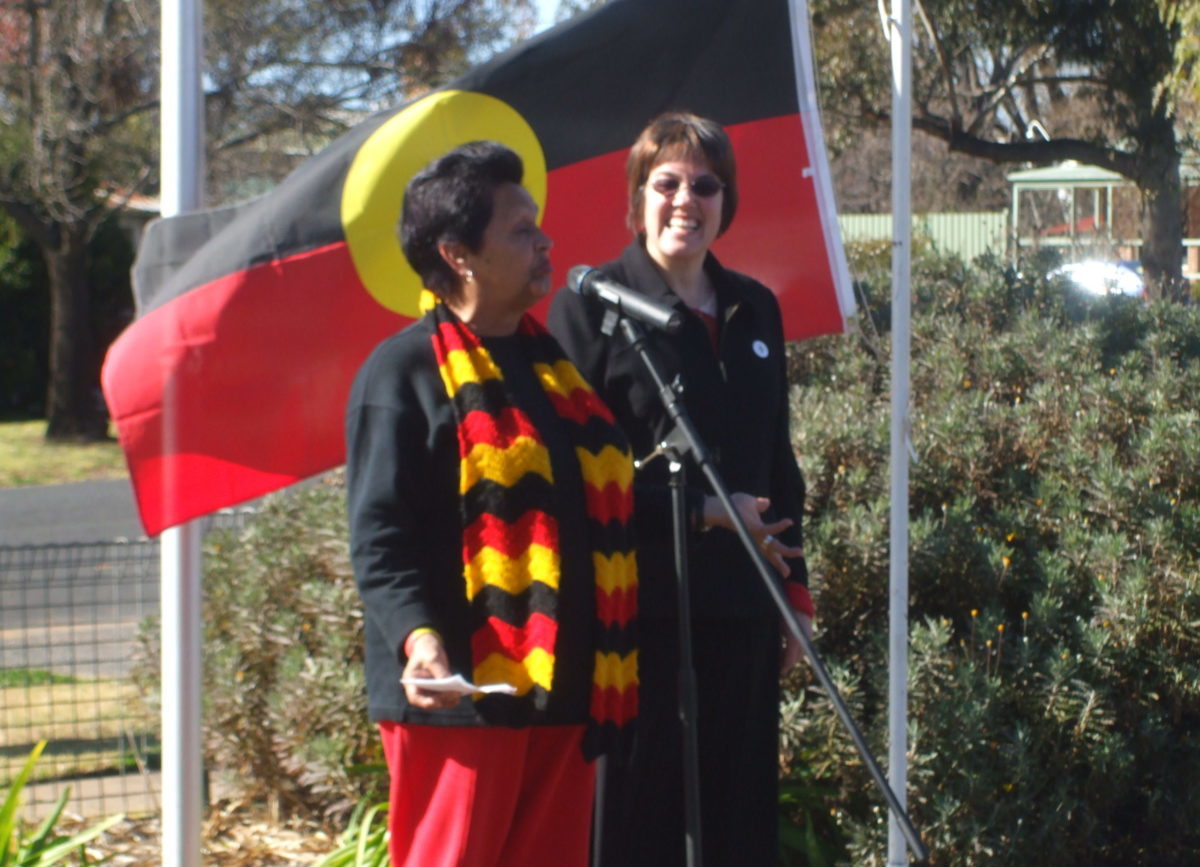For many Aboriginal and Torres Strait Islander people, Welcome to (and Acknowledgement of) Country are a source of great hope as this form of recognition brings awareness to Aboriginal and Torres Strait Islander people being the custodians of the land.
Welcome to Country is permission for a person from a different area to either pass or enter through Country. Nellie Green, a Badimaya woman, further explains,
Originally, it was about knowing the tribal boundaries that existed between Indigenous Nations – one couldn’t cross over tribal boundaries without permission – to do so would cause offence to the peoples of the land on which you were “trespassing”. (theconversation.com/welcome-to-country-please-show-some-respect-1404)

A Welcome to Country can only be extended by the custodians of the land on which you stand. When Aboriginal and Torres Strait Islander people welcome people to country they do so with truth, solidarity and a heartfelt intention to share country.
Politicians have used the term “tokenism” and unnecessary political correctness when referring to Welcome to Country (and Acknowledgement of Country) at functions. But legal anthropologist Alessandro Pelizzon and academic and Aboriginal man from the Yuin Nation, Jade Kennedy believe,
… rather than dismiss Welcome to Country events as merely tokenistic, these practices create the possibility of a bridge serving a function of cultural inclusion, by establishing a new dialogue about a renegotiated sense of belonging. (www5.austlii.edu.au/au/journals/AUIndigLawRw/2012/12.pdf)
Belonging is derived from an ontological relationship to country, which originated in the Dreamtime and continues today as it connects all Aboriginal and Torres Strait Islander people to Ancestral Spirits of the first people, who since the beginning, lived on the land we now call Australia.
In her article, “Welcome to country. Please show some respect,” Nellie writes,
Indigenous Australian people are the original custodians of the land. It is important this unique position is recognised and incorporated as part of official protocol at all events and gatherings. [To recognise country] enables the wider community to share in Indigenous Australian culture and heritage, facilitating better relationships between Indigenous people and other Australians. (theconversation.com/welcome-to-country-please-show-some-respect-1404)
Jade Kennedy, a Yuin man, explores the profundity and true meaning of a ‘Welcome to Country’,
When I welcome you – when our Aunties and Uncles welcome you – we are welcoming you to a place. But we’re actually welcoming you to the intimate relationship we have to that place. We’re also welcoming you to our kin. We’re welcoming you to the significant relationships we have with the people of our place. We’re welcoming you to our roles, responsibilities and obligations, that keep us connected and bound through these people, to our place. (www.youtube.com/watch?v=BdYmSByzrL8)
Arranging Traditional Owners/Custodians of the land to deliver a Welcome to Country should never be about ticking a box. Recognition of country is all about respect, responsibility, reciprocity and relationships with Aboriginal and Torres Strait Islander people and acknowledging their place as the first people of Australia.
Gemma Pol, a Wiradjuri, Ngemba and Paakantji woman, in her article “Mindful Moments On Country” reminds us,
We have a meaningful reliance on one another where we don’t just take, but we give. Country provides for and nourishes us, while we manage and sustain Country through culture and ceremony. (commonground.org.au/learn/mindful-moments-on-country)
There is still much to be done but it is heart-warming to see the spoken recognition of country at events and gatherings, has extended to acknowledgement forming part of email signatures, prominently displayed on websites and as permanent entry signs in businesses and homes.
Reflection
How could your ministry enrich how you recognise country and the custodians of the land?
